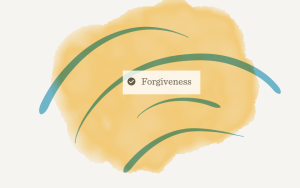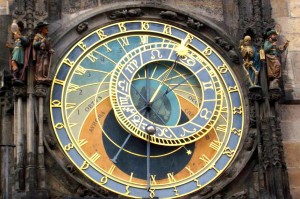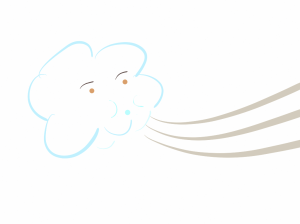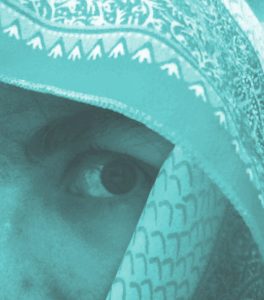
Today’s post takes wisdom beyond walls from a metaphor to a reality. Antonio Turner is incarcerated within the Pennsylvania prison system. In this post, Antonio shares his ideas on pain, forgiveness and ultimately, redemption. Antonio gave his permission to post this via written letter from inside prison.
By: Antonio Turner
Quietly I calm my breathing. I relax, struggling to delve my mind into the most intrinsic core of my being. On a trek to forgive my mother remains the unconquerable hurdle on this journey. Why is it so difficult?
Although I have forgiven her from a cognitive standpoint, her rejection still lingers forming a cesspool in my mind: inside an already toxic and overflowing subconscious. Trying to contain the unrestrained resentment bubbling to the surface makes it hard to steady my mind on the difficult task ahead. The forgiveness process, for me, has not been a nourishing act from the heart. Yet since this betrayal and abandonment continue to be a taunting fact of my life, groveling about the matter will get me absolutely nothing!
So today as I ponder my life during a spell of meditation, the hold this unconquerable hurtle has on my heart is becoming a cancer. I sit paralyzed with fear – in my late forties – tormented by these feelings which have a direct effect on other women in my life.
As I secretly detest my mother for the immeasurable mental, physical and emotional pain she inflicted, my body tenses. I call God into my meditative space for help – to relax, to comfort and to guide.
I pray the combination of God and opening up my heart to Him will release the hurt carried every day. I so desire the fetters which have kept my mind in chains for the better part of three decades to be loosened – to release their grip on me. Since I was a little boy, I’ve prayed for this. Maybe I’m a dreamer, thinking, hoping this can happen.
Blue stars, a gleam of hope
Galaxies of complicated thought.
Spheres of emotional entanglement
A calloused heart full of rings and knots.
On bended knees, if I were only able to open my heart wide enough – seeking a depth of understanding more powerful than sight, I pray. I ask God to give me a comforting lens to examine my bitterness.
Maybe through the lens of forgiveness, I could’ve seen how she only acted out of her own pain – being a victim of domestic violence herself. She was an innocent floundering in her own torrent of pain. My meditation moves towards removing my selfishness, yet was it unreasonable for a child to want to be wrapped in the love of his mother? I don’t know. I’m just a dreamer.
My imagination has a tendency to run away from me. Through the prism of compassion can my prayers cause me to see my mother trying her very best? How can you shower affection when you are dealing with your own deep wounds, ones skewered and damaged by love itself?
By the grace of God, I’m now able to recognize her rejection actually had nothing to do with me. Her own woundedness prevented her from being able to love herself. With that emptiness piercing her soul, how could she truly love her own child?
Within my prayers, I ask, “How can I detest someone with so much visceral pain? With no self-love, wasn’t it impossible for her to love me?” I craved that love so much, which is why I pray for forgiveness now.
Guided by a beacon of light from my heavenly Father, I sit creating a sculpture with my words. I’m the one who needs to beg for forgiveness. As I fix my gaze on a starless sky – witnessing the clouds finally freeing the moon – suddenly the gates of my heart spring open. Could this be the first step to free my own hurt permanently?
As I end my prayer, I realize every present moment is an opportunity for a new beginning. And through the trials of suffering, the soul learns wisdom and compassion. My time in meditation has taught me it is possible to attain a newfound freedom from the realm of resentment. I don’t want to end this prayer, but know only through God can I release my mother from what she did to me. God provides a new forgiveness process much greater than my pain.








